Election Day's Quiet Command: CNE's Mandate in a Media-Saturated Era
Discover how CNE defends electoral integrity in the digital age. This article delves into propaganda rules, media responsibilities, and citizen vigilance for fair elections.
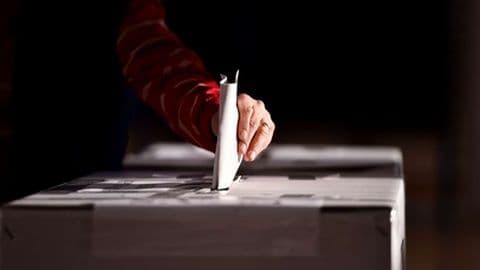
Safeguarding the Ballot: CNE's Enduring Mandate for Fair Elections
In the bustling lead-up to any election, the air crackles with political rhetoric, promises, and fervent appeals. Then, just as abruptly, a quiet descends. This is the 'reflection day,' a traditional period of electoral silence enforced in many democracies, including since 1975. At its heart, this quiet command is orchestrated by bodies like the , whose enduring mandate is to ensure the integrity and fairness of the electoral process. For 24 crucial hours before polls open, approximately 9.3 million Portuguese electors are encouraged to ponder their choices free from external influences, a civic right designed to combat abstention and foster informed decision-making. The CNE’s role here transcends mere administrative oversight; it actively issues recommendations to candidates, political parties, and media outlets, urging them to refrain from any conduct that could be perceived as electoral propaganda. While not universally adopted across Europe – some nations like the maintain continuous campaigning – this period of quiet reflection is a cornerstone of electoral fairness in many countries, emphasizing the importance of an unpressured vote.

The Digital Deluge: New Frontiers for Electoral Propaganda
The digital age has, of course, reshaped the very landscape of communication, presenting unprecedented challenges to the CNE's traditional mandate. The concept of an electoral 'silence' now extends far beyond traditional rallies or broadcast ads; it encompasses the vast, always-on world of . The CNE has had to adapt, issuing specific directives that broaden the definition of prohibited electoral propaganda to platforms like , , , , and . This isn't just about official party pages; it includes activity on public profiles, open groups, and even personal accounts whose privacy settings allow content to reach beyond immediate connections. The intent is clear: to prevent any direct or indirect promotion of candidacies that could sway voters on the eve or day of an election. Yet, this digital deluge is relentless. The CNE frequently acknowledges receiving citizen complaints about political statements making their way into public view via media transmissions even on election day, highlighting the constant struggle to enforce quietude in an era of instant, pervasive information.
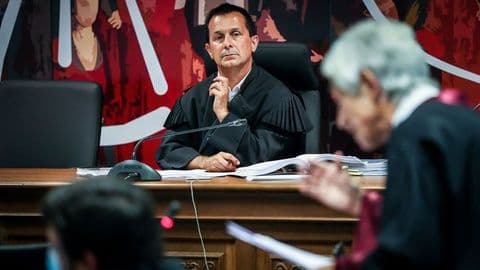
Defining the Silence: Nuances of CNE's Election Day Directives
Understanding the CNE's directives means appreciating the subtle yet firm definition of 'electoral propaganda.' It's not just explicit calls to vote; it encompasses any activity, direct or indirect, that aims to promote candidacies, whether from parties, candidates, or their agents, including the publication of texts or images embodying such promotion. This broad scope ensures that the spirit of the 'reflection day' and election day quiet is maintained. Internationally, the application of such silence varies significantly. While many European countries impose a 24-hour blackout on electoral content, others like extend this to a seven-day ban on opinion polls. Conversely, countries like the , , , and have no formal 'reflection day,' valuing continuous freedom of expression right up to the ballot box. This patchwork of regulations underscores a fascinating cultural divide: a deeply rooted tradition in Southern Europe to safeguard a period of calm, contrasting with a more laissez-faire approach in the north. The CNE navigates this complex terrain by meticulously defining its boundaries, ensuring clarity for all stakeholders.
The Collective Watch: How Citizens and Media Uphold Integrity
In a media-saturated era, the CNE's efforts to maintain electoral integrity are not solitary. They are bolstered by a collective watch involving both citizens and the media, acting as crucial democratic safeguards. While media outlets prepare special broadcasts for election results, their role during the silence period is to uphold the CNE's directives by refraining from propaganda. However, the vigilance of the public is equally, if not more, vital. The CNE itself frequently notes the significant volume of complaints it receives from citizens regarding perceived electoral propaganda transmitted by media or individuals on election day. This active engagement from the electorate demonstrates a powerful commitment to the fairness of the process. Citizens, armed with their smartphones and a keen eye, become informal monitors, reporting instances where the 'quiet command' might be breached. This dynamic interplay between the CNE's formal oversight and the informal scrutiny of an engaged populace and responsible media creates a robust, multi-layered defense against undue influence, reinforcing trust in the democratic exercise.
Echoes of Trust: CNE's Long-Term Impact on Democratic Health
Ultimately, the CNE’s meticulous work in defining and enforcing electoral silence resonates deeply with the long-term health of a democratic society. The 'reflection day,' in particular, isn't just a regulatory quirk; it’s a philosophical statement about the ideal conditions for democratic participation. It champions the idea that a truly free and informed vote is one cast without the immediate pressure of campaigning, allowing citizens to thoughtfully engage with their civic duty. This commitment to an uncoerced decision-making process is a fundamental building block of public trust in elections. While European approaches to electoral silence diverge, reflecting different interpretations of freedom of expression versus electoral fairness, 's steadfast adherence to this tradition, guided by the , aims to cultivate a resilient democratic culture. By striving for clear, fair, and consistently applied rules in an increasingly complex media environment, the CNE ensures that the echoes of election day's quiet command contribute to a stronger, more credible democratic future.
Related Articles
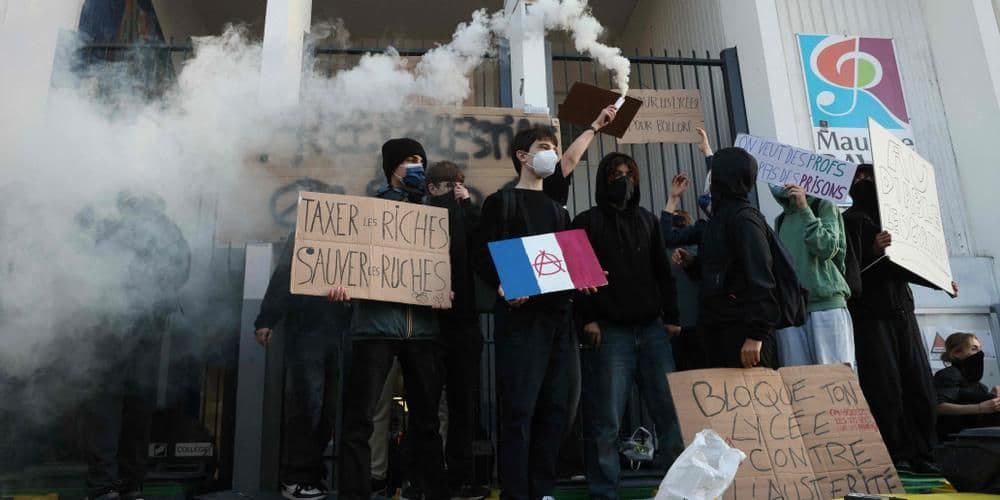
Manufacturing Non-Events: The Strategic Erasure of France's Mass Protests

Manufacturing Non-Events: The Strategic Erasure of France's Mass Protests
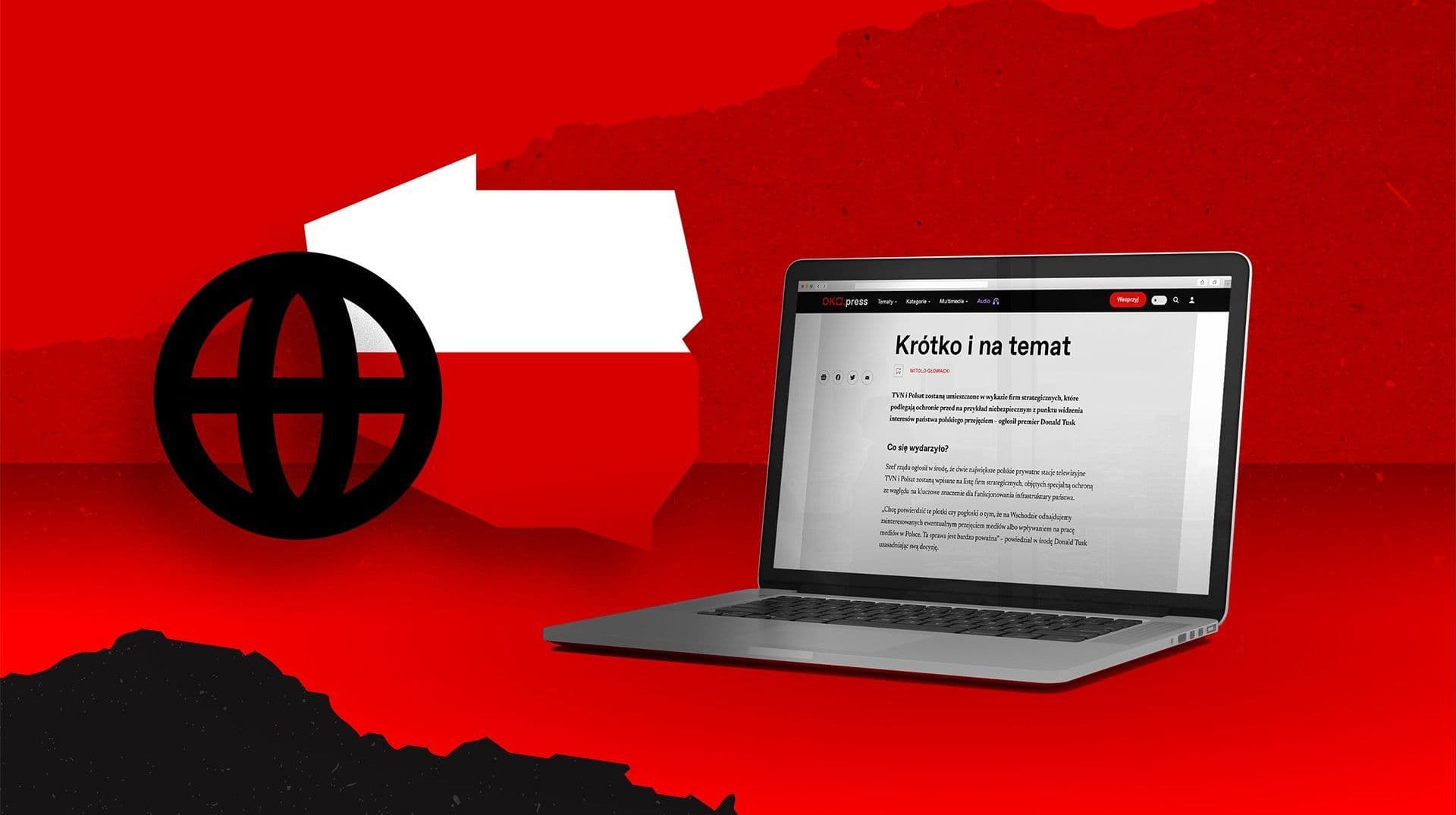
Connecting Dots: Onet's Unique Approach to News, AI, and Citizen Voices

Connecting Dots: Onet's Unique Approach to News, AI, and Citizen Voices

The Ink Dries, The Debate Rages: Promulgation's Paradox in Modern Governance

The Ink Dries, The Debate Rages: Promulgation's Paradox in Modern Governance
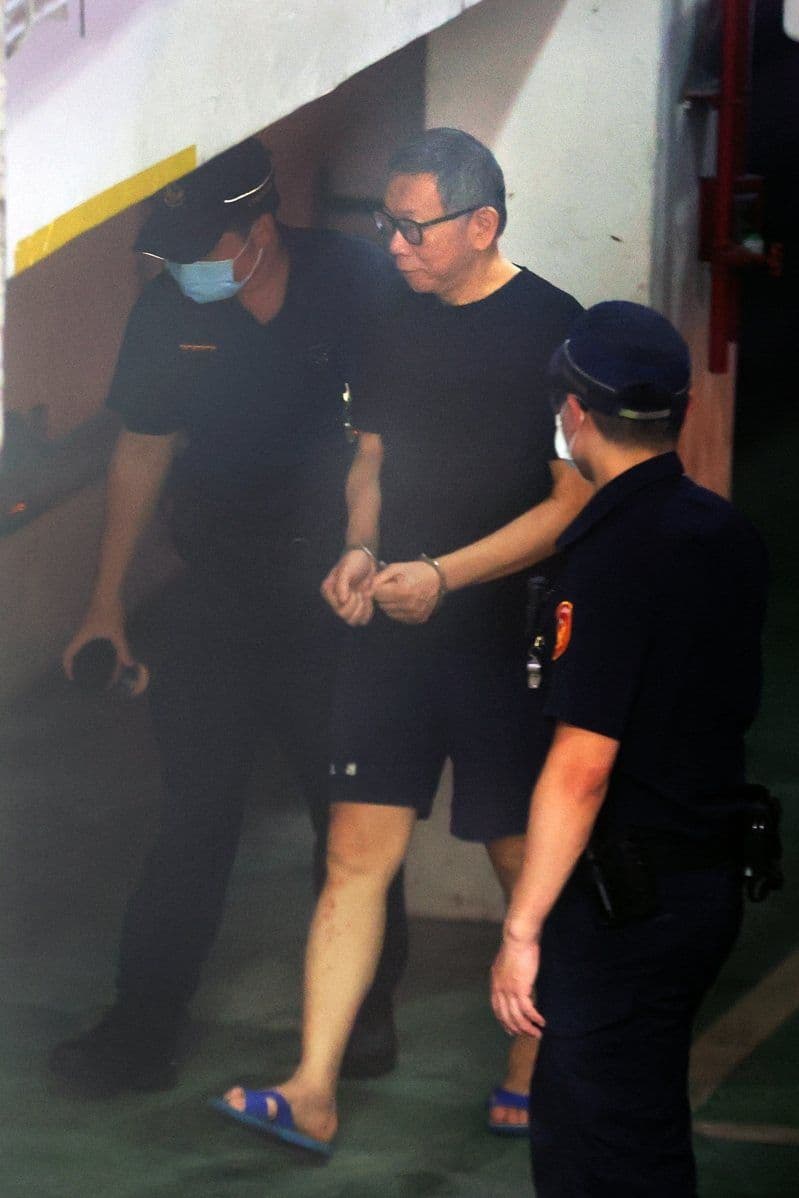
The Unseen Script: How Media Infiltration Shapes High-Profile Investigations
